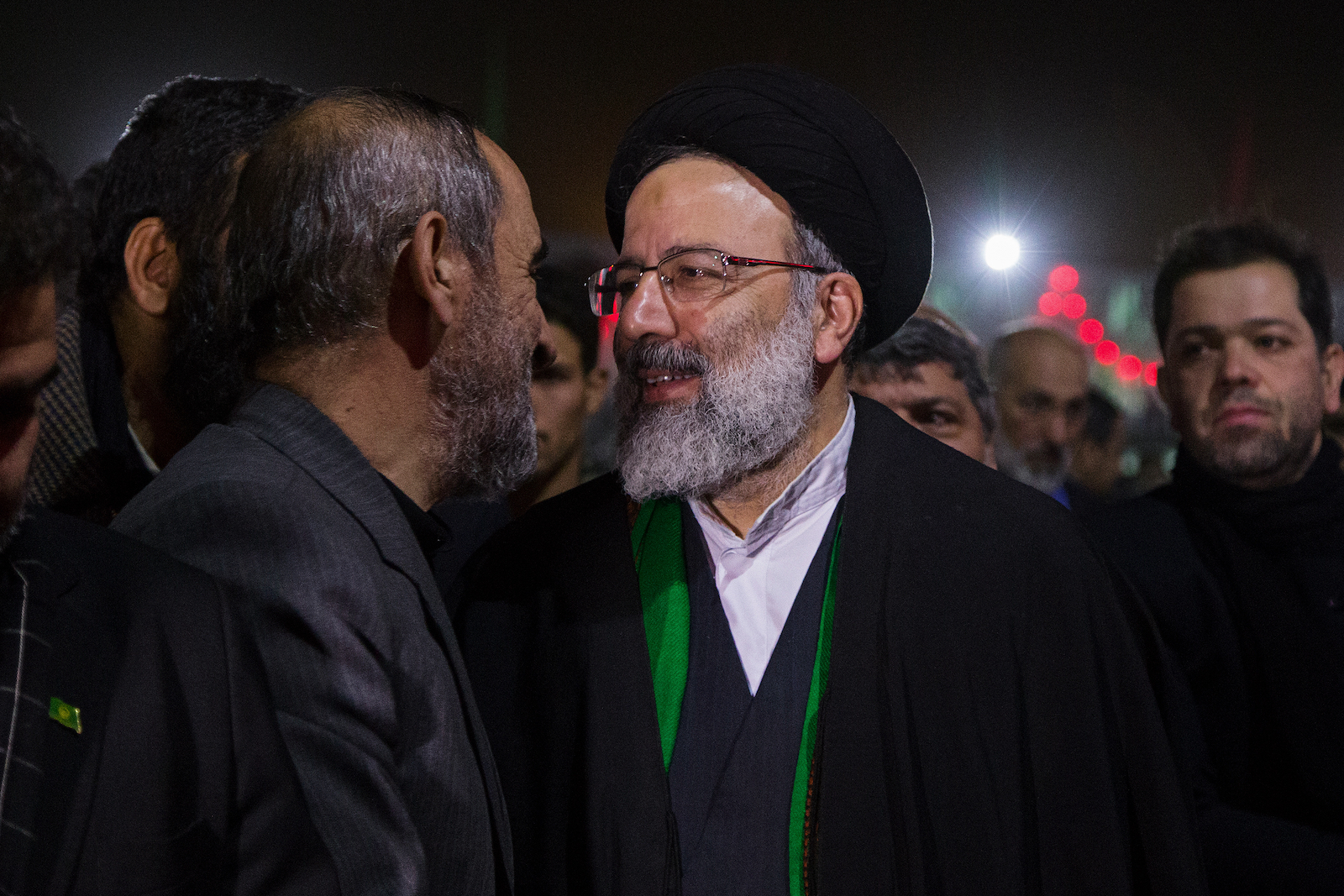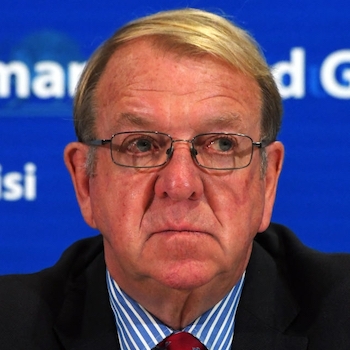
Swiss Authorities Urged to Prosecute Iran’s Raisi
After Amnesty International reported on instances of torture, cruelty, sexual assault, and arbitrary killings in Iran, Secretary-General Agnés Callamard has urged nations to exercise universal jurisdiction to conduct criminal investigations against those suspected of these crimes. This call to action comes just before Iranian President Ebrahim Raisi, who has been infamously branded as ‘The Butcher of Tehran’ for his alleged direct involvement in the 1988 mass execution of political detainees, is scheduled to attend the Global Refugee Forum 2023 in Geneva, Switzerland, on Wednesday, December 13.
The Global Refugee Forum convenes every four years to alleviate the burden on countries that host large numbers of refugees. It is a poignant contradiction that Raisi, with his blood-chequered history, is a participant in the event. His administration has been implicated in escalating conflicts across Syria, Yemen, Iraq, Lebanon, and Gaza, through financial and military support to groups like Hezbollah and Hamas. These actions have contributed to the refugee crises the forum aims to address, casting a shadow over the UN’s decision to involve Raisi in discussions focused on solutions to displacement.
The United Nations’ decision to invite Raisi to the Global Refugee Forum comes swiftly after the contentious appointment of Iranian Ambassador Ali Bahreini as chair of the UN Human Rights Council Social Forum. This appointment has sparked criticism for undermining the Universal Declaration of Human Rights, particularly as Iran is often criticized for violating these standards. Further controversy stems from this occurring concurrently with the UN Special Rapporteur on Iran, Javaid Rehman, urging the UN Human Rights Council to initiate a fact-finding mission to probe Iran’s systematic human rights abuses. These actions, coupled with Raisi’s invitation to Geneva, have led to serious questions about the United Nations’ credibility.
When Raisi planned to attend the COP26 climate summit in Glasgow in 2021, Police Scotland received a formal plea to conduct a criminal investigation under universal jurisdiction regarding allegations of genocide and crimes against humanity. This legal principle permits any state to prosecute individuals for the most grievous offenses, irrespective of where the crime occurred or the accused’s nationality or residence. A comprehensive 111-page report, endorsed by either direct victims or their relatives who endured torture, human rights violations, and often extrajudicial killings, was presented to the Scottish authorities. These individuals allege that these abuses were carried out by or under the orders of Ebrahim Raisi during the infamous 1988 political prisoner massacres. During that period, Iran’s Supreme Leader Ayatollah Ruhollah Khomeini issued a fatwa demanding the execution of Iranian opposition activists. To carry out this directive, a special “death commission” was formed, with Ebrahim Raisi serving a pivotal role as a public prosecutor.
In a letter accompanying their legal submission to the Chief of Police Scotland, the claimants asserted that either they, their relatives, or their fellow inmates had endured widespread torture and extrajudicial executions. Their accounts detail the events of the summer of 1988 at Gohardasht Prison, where they were subjected to brief hearings, lasting only two to three minutes, presided over by Raisi in his capacity as public prosecutor. They were questioned about their allegiance to Mojahedin-e-Khalq (MEK), and those who affirmed their support were lined up alongside hundreds of others, awaiting execution. They were herded into an execution chamber in groups, forced to witness the hangings of fellow inmates before facing execution themselves. The testimony of one survivor, who only lived because he lost consciousness at the horrific sight of the hangings, forms part of the grave allegations presented.
Ebrahim Raisi is included on the U.S. sanctions list for repeated human rights abuses. Both Amnesty International and Human Rights Watch have demanded his prosecution for violations of human rights and crimes against humanity. Agnès Callamard has advocated for an investigation into Raisi’s role in mass murder, enforced disappearances, and torture. After demands for his arrest in Scotland were made public, Raisi abruptly canceled his plans to attend the COP26 summit in Glasgow.
It is now imperative for Swiss authorities to pursue Ebrahim Raisi’s prosecution under universal jurisdiction to ensure there is no impunity for individuals accused of mass atrocities. UN Secretary-General António Guterres, who has previously reported extensively on severe human rights violations in Iran and voiced concerns over the lack of accountability for past abuses, faces an opportunity to rehabilitate the UN’s image. By supporting Raisi’s prosecution for crimes against humanity and genocide, Guterres would unequivocally signal the UN’s commitment to justice. It would affirm that these crimes will neither be ignored nor absolved. The international community will be closely watching Geneva and the UN’s actions in the coming week.
